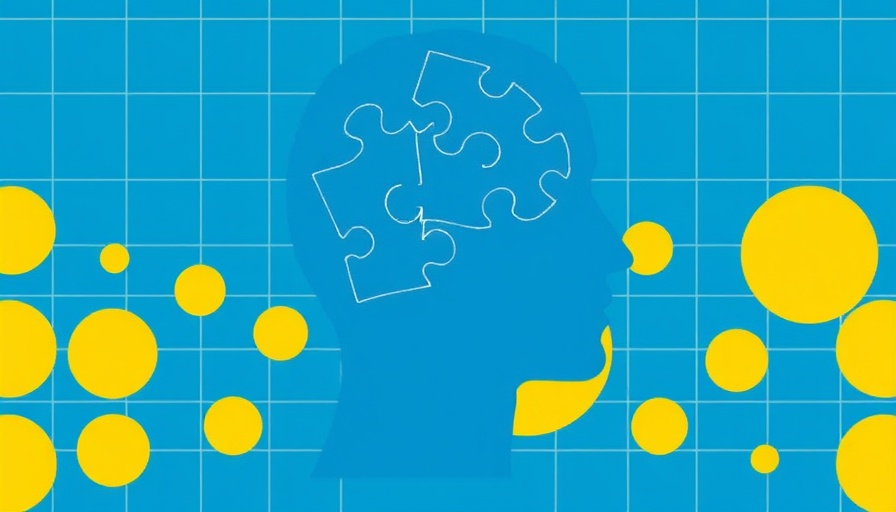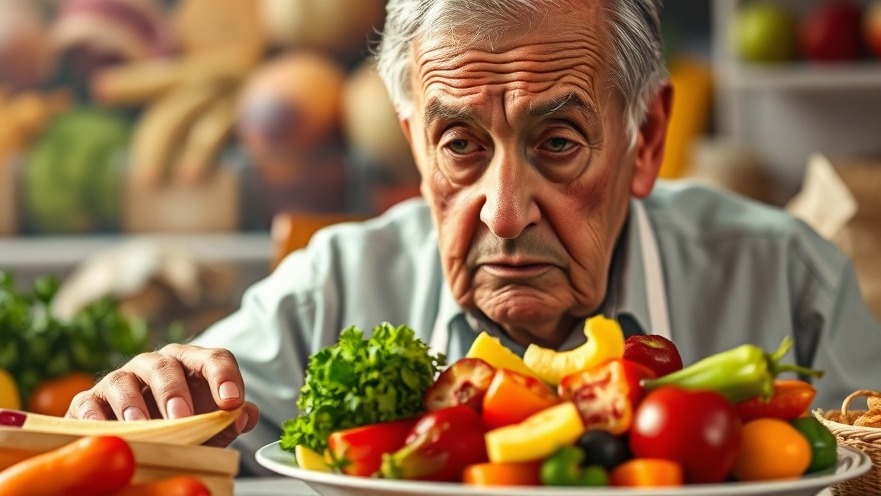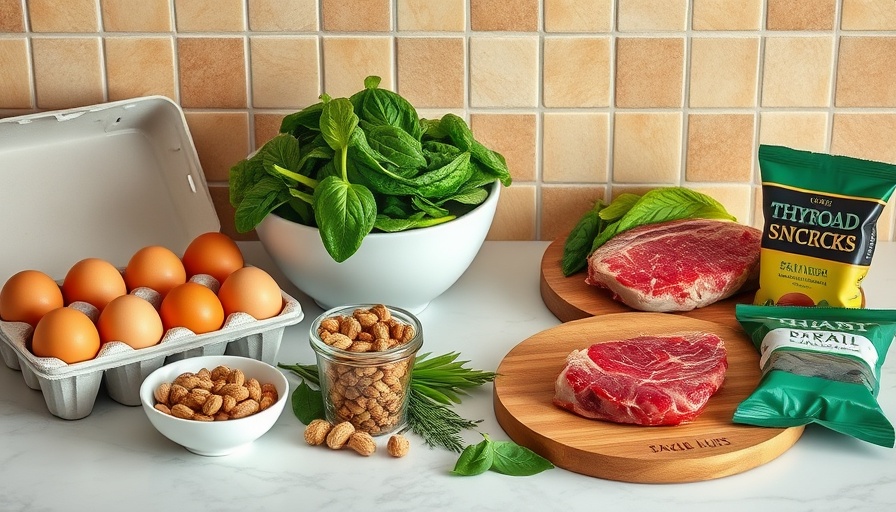
Understanding the Impact of Diet on Dementia Risk
As our understanding of brain health evolves, one factor becomes increasingly clear: what we eat today shapes our cognitive future.
Diet is no longer just about physical fitness—it’s a cornerstone of mental wellness and neurological longevity.
Among the many dietary considerations, one food group consistently raises concern—ultra-processed foods.
Nutritionists and neurologists alike emphasize that limiting these products can significantly reduce the risk of developing dementia, a condition that affects millions globally, including a rising number of individuals in urban centers like Sacramento.
Why Ultra-Processed Foods?
Ultra-processed foods—think packaged snacks, sugary cereals, sodas, and ready-made meals—are often loaded with sugars, unhealthy fats, sodium, and additives while lacking in fiber, essential nutrients, and antioxidants.
These ingredients not only harm physical health but may also negatively impact the brain’s structure and function.
A 2022 study published in Neurology found that people who consumed the most ultra-processed foods had a 25% higher risk of developing dementia compared to those who ate the least.
The mechanism? Chronic inflammation, oxidative stress, and disruption in gut-brain signaling, all of which are exacerbated by poor dietary habits.
“We are beginning to understand that ultra-processed foods don’t just affect waistlines—they impair the brain’s ability to perform at its best over time,”
— Dr. Uma Naidoo, Nutritional Psychiatrist at Harvard Medical School
Dr. Naidoo’s work in nutritional psychiatry draws direct lines between food quality and long-term mental clarity, stressing the need for early dietary changes to support brain aging.

Easy Alternatives to Processed Foods
If you're a busy parent juggling school runs and work meetings, or a wellness enthusiast striving for long-term vitality, the good news is that small, mindful changes can have a big impact.
Choose whole foods like:
Fresh fruits and vegetables – rich in antioxidants and vitamins that support brain cells.
Whole grains – provide steady energy and essential B vitamins.
Lean proteins – such as chicken, tofu, or eggs to support neurotransmitter function.
Fatty fish – salmon, sardines, and mackerel are loaded with omega-3s, which combat inflammation.
Nuts and seeds – a handful of walnuts, flaxseeds, or chia adds a powerful brain boost.
If time is tight, consider prepping meals on Sundays. Chop vegetables, cook a big pot of grains, and portion out snacks.
This habit can turn weekday meals into quick, nutritious experiences rather than stressful last-minute decisions.
“The easiest way to reduce cognitive risk is to think of your plate as a toolbox. Every meal is a chance to include ingredients that protect the brain,”
— Dr. Lisa Mosconi, Director of the Women’s Brain Initiative at Weill Cornell Medical College
Dr. Mosconi, a neuroscientist and nutrition expert, often highlights the protective effects of Mediterranean-style diets—high in plant-based foods and healthy fats—as a simple framework for dementia prevention.
Local Perspectives: Diet Culture in Sacramento
Sacramento, known for its Farm-to-Fork identity, is at the forefront of conscious eating.
Local chefs, families, and health professionals alike are leaning into organic and minimally processed foods.
You’ll find everything from heirloom tomatoes to pasture-raised eggs at neighborhood farmers’ markets—ideal for creating meals that nourish both the body and brain.
Restaurants across the city are also joining the movement.
Establishments like The Waterboy, Pushkin’s, and Vibe Health Bar make it easier for locals to dine out without sacrificing nutrition.
For busy residents, this cultural shift means that eating well no longer requires compromise.

The Emotional Connection to Food Choices
Changing how we eat isn’t just about nutrients and labels. Food is deeply tied to memory, identity, and emotion.
Think about the smell of a grandparent’s soup or the comfort of baking with your children—those moments are more than nostalgic; they’re neurological.
Making healthier food choices can actually strengthen emotional wellness by promoting feel-good neurotransmitters like serotonin and dopamine.
Engaging with food in a meaningful, joyful way—cooking with others, exploring local ingredients, or learning new recipes—can be an act of both nourishment and self-care.
In Sacramento, community cooking events and plant-based pop-ups are growing in popularity. Participating in these activities can be a way to heal not just your brain, but your relationship with food.
Actionable Tips for a Brain-Healthy Diet
Here are some easy, practical ways to make brain-smart eating part of your daily life:
Start your day strong with oatmeal topped with blueberries and almonds.
Snack wisely by swapping chips for a homemade trail mix of walnuts, pumpkin seeds, and a few dark chocolate chips.
Make whole foods the star of your dinners—grilled salmon with quinoa and sautéed greens goes a long way.
Get the whole family involved. Kids are more likely to enjoy healthy meals when they help prepare them. Make pizza night fun by using whole wheat crust, fresh tomato sauce, and veggie toppings.
Want an even simpler trick? Eat colorfully. A rainbow of natural colors on your plate ensures a variety of nutrients that support not only cognitive health but overall longevity.
Concluding Thoughts: Take Control of Your Health Today
The connection between diet and dementia is no longer a distant theory—it’s actionable knowledge. By consciously choosing whole, nutrient-dense foods over ultra-processed ones, you're taking a powerful step toward protecting your mind and body.
Whether you're shopping at the Midtown Farmers Market, preparing meals with your children, or attending a local healthy cooking class, the effort you put into your plate today can influence your mental sharpness tomorrow.
So let this be your invitation: Start where you are, use what you have, and take one small step toward brain health today. The journey is not about restriction, but empowerment—and it begins with your next bite.
Want to make it easier? Sacramento’s community has you covered. Explore your local co-ops, wellness cafés, and healthy meal prep services. You’re not alone—and your brain will thank you.
 Add Row
Add Row  Add
Add 





 Add Row
Add Row  Add
Add
Write A Comment